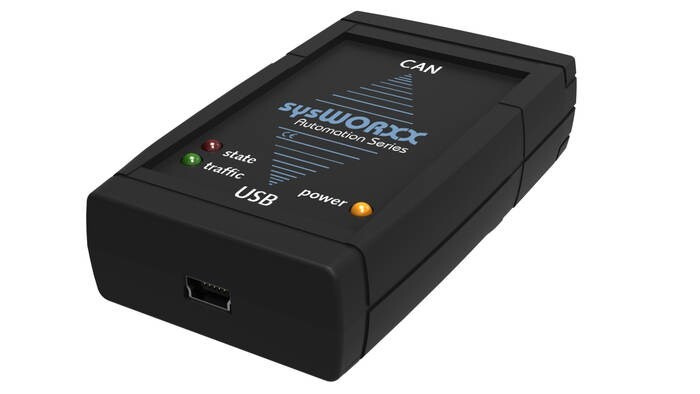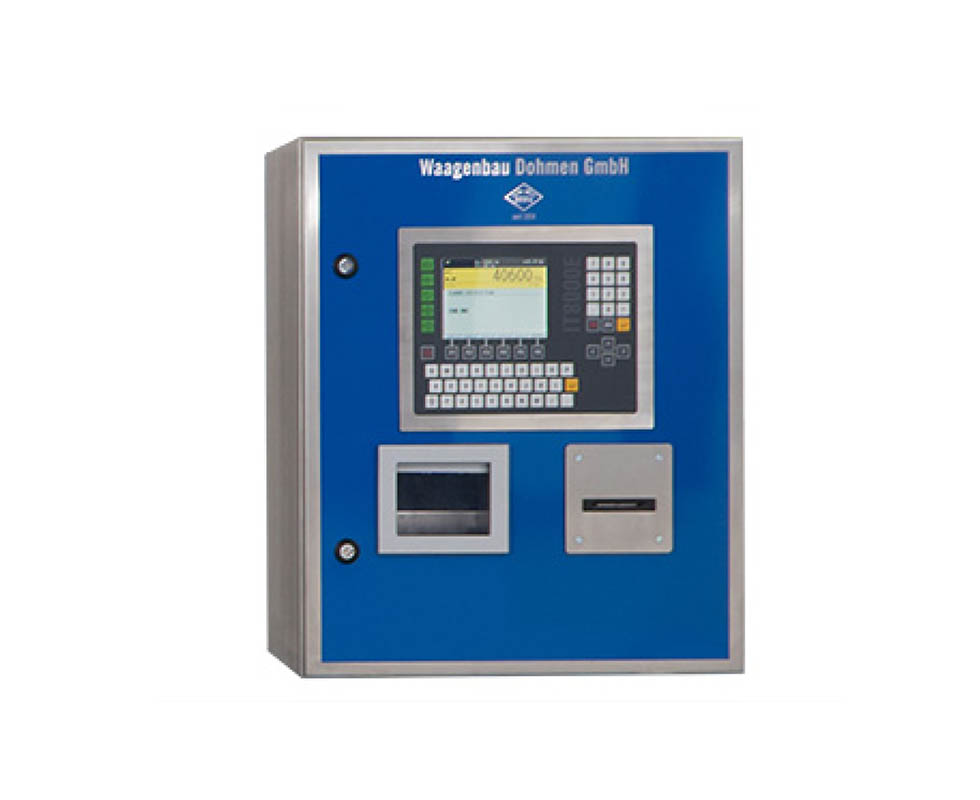LTECH is the front-runner of LED control field with 19 years R&D and production experience. National High-Tech Enterprise and a listed company in China. Total sales of around 10 million sets worldwide.
Summary
- Guidelines for choosing the right programming model
- UWP app and desktop app developer experience
Important APIs
This topic provides guidelines for deciding whether you should write a UWP app or a Windows desktop app to communicate with a USB device.

Electromotive designs and manufactures high-quality electronic performance controllers and accessories for the serious performance and racing enthusiast. We sell our TEC line of engine management systems and XDi line of high-resolution ignition systems through our network of wholesalers, Value Added Resellers, engine builders and Authorized Installer/Tuners. Most other Electromotive products. Developed for motorcoach, perfected for children’s safety and parent’s peace of mind. Our solutions help prevent breakdowns on-route, monitor driver behavior to ensure they’re driving contentiously, and offer a remote window into the bus through video and custom GPS/app integration.

Windows provides API sets that you can use to write apps that talk to a custom USB devices. The API performs common USB-related tasks such as, finding the device, data transfers.
'Custom device' in this context means, a device for which Microsoft does not provide an in-box class driver. Instead, you can install WinUSB (Winusb.sys) as the device driver.
Choosing a programming model
If you install Winusb.sys, here are the programming model options:
Windows 8.1 provides a new namespace: Windows.Devices.Usb. The namespace cannot be used in earlier version of Windows. Other Microsoft Store resources are here: UWP app.
Before Windows 8.1, apps that were communicating through Winusb.sys, were desktop apps written by using WinUSB Functions. In Windows 8.1, the API set has been extended. Other Windows desktop app resources are here: Windows desktop app.
The strategy for choosing the best programming model depends on various factors.

Will your app communicate with an internal USB device?
The APIs are primarily designed for accessing peripheral devices. The API can also access PC internal USB devices. However access to PC internal USB devices from a UWP app is limited to a privileged app that is explicitly declared in device metadata by the OEM for that PC.
Will your app communicate with USB isochronous endpoints?
If your app transmits data to or from isochronous endpoints of the device, you must write a Windows desktop app. In Windows 8.1, new WinUSB Functions have been added to the API set that allow a desktop app to send data to and receive data from isochronous endpoints.
Is your app a 'control panel' type of app?
UWP apps are per-user apps and do not have the ability to make changes outside the scope of each app. For these types of apps, you must write a Windows desktop app.
Is the USB device class supported classes by UWP apps?
Write a UWP app if your device belongs to one these device classes.
name:cdcControl, classId:02 * *name:physical, classId:05 * *name:personalHealthcare, classId:0f 00 00name:activeSync, classId:ef 01 01name:palmSync, classId:ef 01 02name:deviceFirmwareUpdate, classId:fe 01 01name:irda, classId:fe 02 00name:measurement, classId:fe 03 *name:vendorSpecific, classId:ff * *
Note If your device belongs to DeviceFirmwareUpdate class, your app must be a privileged app.
If your device does not belong to one the preceding device classes, write a Windows desktop app.
Driver requirement
| Driver requirement | UWP app | Windows desktop app |
|---|---|---|
| Function driver | Microsoft-provided Winusb.sys (kernel-mode driver). | Microsoft-provided Winusb.sys (kernel-mode driver). |
| Filter driver | If filter drivers are present, access is limited to privileged apps. The app is declared as privileged apps in device metadata by the OEM. | Filter driver can be present in the kernel mode device stack as long as it doesn't block access to Winusb.sys. |
Code samples

| Sample | UWP app | Windows desktop app |
|---|---|---|
| Get started with these samples |
|
Development tools
| Development tools | UWP app | Windows desktop app |
|---|---|---|
| Developer environment | Microsoft Visual Studio 2013 Microsoft Windows Software Development Kit (SDK) for Windows 8.1 | Use WinUSB Application template included with Visual Studio (Ultimate or Professional) and Windows Driver Kit (WDK) 8 Note For isochronous transfers, Visual Studio 2013 with Windows Driver Kit (WDK) 8.1 |
| Programming languages | C#, VB.NET, C++, JavaScript | C/C++ |
Sys Tec Electronic Driver Updater
Feature implementation
| Key scenario | UWP app | Windows desktop app |
|---|---|---|
| Device discovery | Use Windows.Devices.Enumeration](/uwp/api/Windows.Devices.Enumeration)'>Windows.Devices.Enumeration namespace to get a UsbDevice](/uwp/api/Windows.Devices.Usb.UsbDevice)'>UsbDevice. | Use SetupAPI functions and WinUsb_Initialize](/windows/win32/api/winusb/nf-winusb-winusb_initialize)'>WinUsb_Initialize to get a WINUSB_INTERFACE_HANDLE. |
| USB control transfer | ||
| Getting USB descriptors | WinUsb_GetDescriptor](/windows/win32/api/winusb/nf-winusb-winusb_getdescriptor)'>WinUsb_GetDescriptor | |
| Sending USB bulk transfer | ||
| Sending USB interrupt transfer | ||
| Sending USB isochronous transfer | Not supported. | |
| Closing the device | UsbDevice.Close](/uwp/api/Windows.Devices.Usb.UsbDevice#Windows_Devices_Usb_UsbDevice_Close)'>UsbDevice.Close | WinUsb_Free](/windows/win32/api/winusb/nf-winusb-winusb_free)'>WinUsb_Free |
Documentation
Sys Tec Electronic Driver Download

| Documentation | UWP app | Windows desktop app |
|---|---|---|
| Programming guide | Talking to USB devices, start to finish | How to Access a USB Device by Using WinUSB Functions |
| API reference | Windows.Devices.Usb | WinUSB Functions |
Sys Tec Electronic Gmbh
Related topics
